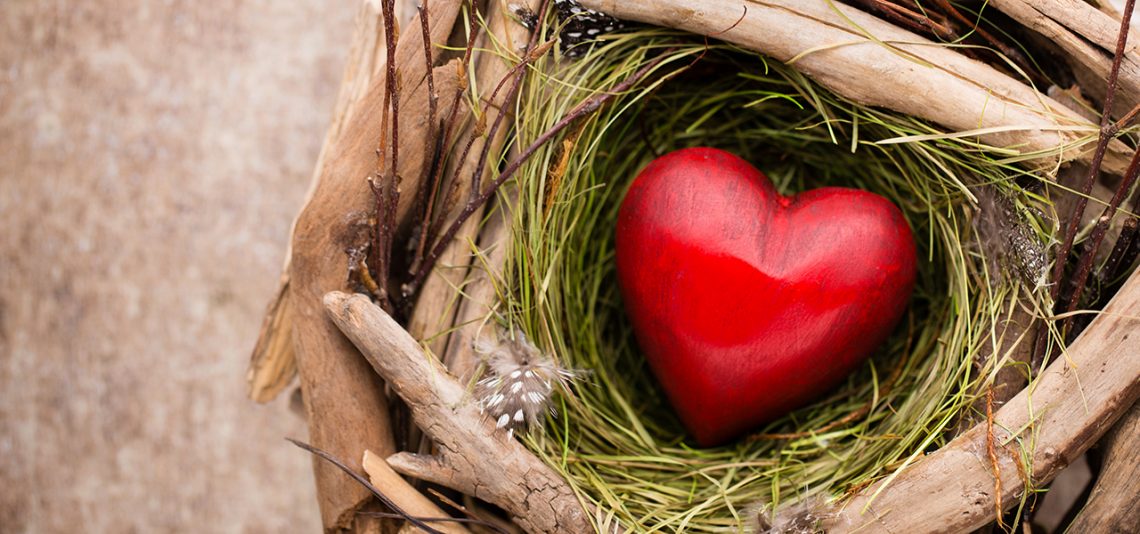The MGO could not believe that his high-capacity donor would actually say it, but he had. They were just finishing up a round of golf, and the donor turned to the MGO and said: “Bill (not his real name), I would really like to do something significant at year-end. Why don’t you think about what that could be?”
Bill was beside himself. And when he talked to our associate, he could hardly contain his excitement. The conversation immediately went to finding a number and program that could be presented to the donor.
But here is where the MGO’s beliefs took the plan to a less-than-significant place. A review of the donor’s giving history showed steady giving of $5,000 a year and a capacity to give a mid-six-figure gift. When our associate asked Bill what he thought the donor meant by “significant” Bill replied: “Well, I think if we present something in the range of $15,000 to $30,000 that would be good.”
Our associate thought about the statement, then said: “I think it would be good for you to ask the donor what he means by significant. Then we can get a good grasp of what to present.”
Bill went back to the donor and asked. And what the donor said shocked him. He said: “Bill, I was thinking of something in the $250,000 range.”
Oops.
This reminds me of another situation, when I was sitting with an MGO who was preparing an ask for a high-capacity donor. We had reviewed all the numbers, and I had told her that I thought the ask for this $10,000-a-year giver should be one million dollars. I had come to that conclusion after a review of all the conversations and touches, plus a look at the research that had been done on the donor.
I can’t remember the exact details, but I do remember that the MGO was adamant that the ask should not exceed something far below my number – I think it was around $400,000. So off she went to make a very good presentation.
The donor listened patiently and reviewed the materials, then said: “Thank you for taking the time to prepare all of this material. You know I am very interested in what the organization does. But I was hoping you would give me a proposal for something with a little more vision – something more significant. So why don’t you come back to me with something like that and in the million dollar range, and I will consider it.”
I’m happy to say that both of these stories had a happy ending. But there is a lesson here on how you should think about your donors, especially at this very important time of the year. Are you being bold enough to ask big? Is there a reason you are going to do the “same ole, same ole” ask again this year for most of your donors?
Think about it. Most donors, of large wealth and small, want to do something significant with their giving. Are you helping them do that? Or are you giving them a reason to give to someone else who is helping them make that significant difference?
Jeff and I find so many situations where a donor is giving a “token” amount to one charity and significant amounts to another charity. In some cases, it is simply a matter of interest – they are more interested in the other charity, so they give more. But in too many instances, the donor is not being approached confidently to give more, so they don’t.
So, do three things right now:
- Examine your own attitude about asking. Are you being bold enough? If not, is it because you fear rejection? Remember, a “no” is simply a path to a “yes.” Set your mind today to think and act more boldly.
- Always be curious about what is significant to every donor on your caseload. Just ask her – and keep asking. You need to know what is stirring inside every one of your caseload donors on this subject. Remember, this is about WHAT they want to do (in program) as well as the amount.
- Ask boldly and confidently. Try it. You will be surprised at how easy it is to do. In the worst case, the donor will redirect you to a lower amount.
Remember, your cause – this great thing your organization is doing to change the world – is very important. Now is not the time for timidity. There is important work to be done. Many people depend on it, as does our planet. Don’t forget this; it is why you are asking.
Richard





0 Comments